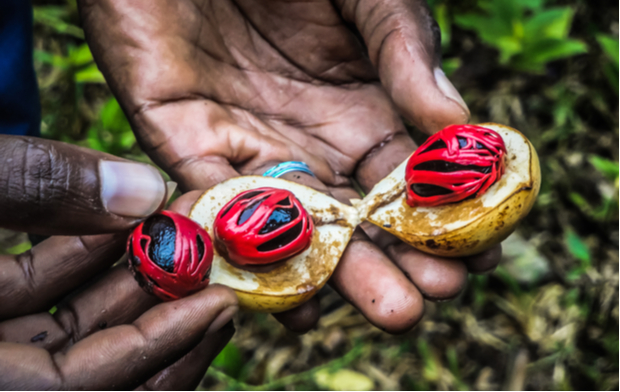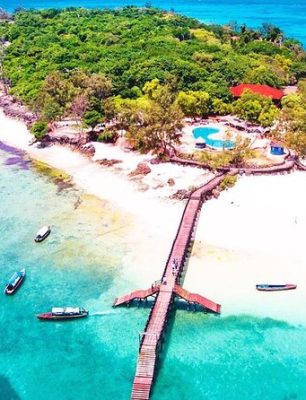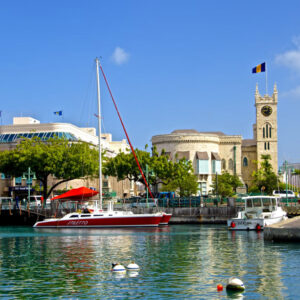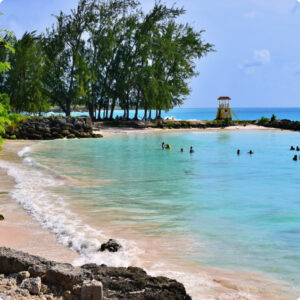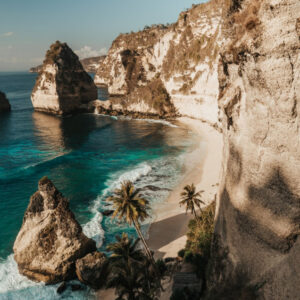Discover Spice Tour Zanzibar
Zanzibar, an enchanting archipelago off Tanzania’s coast, is celebrated for its breathtaking beaches, rich cultural heritage, and historical significance. Among its many attractions, the spice tour in Zanzibar stands out, offering travelers an unmatched opportunity to delve into the island’s agricultural legacy. This tour not only showcases Zanzibar’s prominence in the spice trade but also educates visitors on the cultivation and diverse uses of spices that flourish here. In this article, we explore the allure of spice tours in Zanzibar, including their historical roots, common spices featured, the immersive tour experience, and their positive impact on local communities.
The Rich History of Spices in Zanzibar
Zanzibar is famously known as the “Spice Island,” a title earned through its vital role in the global spice trade since the 15th century. Its advantageous location along trade routes attracted traders from across the globe, including Arabia, India, and Europe. Iconic spices such as cloves, nutmeg, cinnamon, and black pepper thrived in Zanzibar’s fertile lands, driving economic growth and prosperity.
The spice cultivation boom began during the 17th century under the Omani Sultanate, which saw the establishment of vast clove plantations. As demand for these spices surged in Europe, labor and investment poured into agriculture. Today, Zanzibar remains a top producer of cloves, significantly contributing to the local economy and sustaining the livelihoods of many farmers.
Understanding this rich history enhances the spice tour experience. Visitors not only enjoy the fragrant spices but also gain insight into how these commodities have shaped Zanzibar’s cultural and historical landscape. The influence of spice cultivation is evident in the island’s architecture, cuisine, and diverse traditions.
Spices You’ll Encounter on the Spice Tour
During a spice tour in Zanzibar, participants can expect to explore a vibrant array of spices essential to both local cuisine and international markets. Cloves, the island’s signature spice, fill the air with their distinctive aroma during harvest. Tour guides provide detailed information about the clove tree’s life cycle and the careful harvesting and drying techniques employed.
Other notable spices featured include nutmeg, derived from the nutmeg tree, and cardamom, recognized for its unique flavor profile. Visitors are often treated to tastings and demonstrations of how these spices are cultivated and processed. Other highlights include vanilla orchids, turmeric roots, and various herbs used in traditional medicine.
Zanzibar’s diverse agricultural landscape, supported by its tropical climate and nutrient-rich volcanic soil, makes it a paradise for spice cultivation. This portion of the tour educates visitors about the spices’ importance in daily life and local cuisine, enhancing their appreciation of Zanzibar’s agricultural bounty.
The Engaging Spice Tour Experience
A spice tour in Zanzibar typically begins with a guided visit to one of the island’s numerous spice farms. Local farmers or knowledgeable guides lead these tours, sharing their expertise and passion for the spices. Participants are encouraged to engage fully by touching, smelling, and tasting the spices.
This interactive experience is designed to be both educational and enjoyable. Visitors may have the chance to partake in activities such as harvesting cloves or grinding spices, allowing them to appreciate the hard work behind spice cultivation. Many tours also weave in cultural elements, showcasing traditional music and dance, enriching the overall experience.
Tours often culminate in a delightful tasting session featuring local dishes infused with spices grown on the island. This culinary exploration allows visitors to savor Zanzibar’s flavors while learning how spices play an integral role in local cooking. Overall, the spice tour offers a sensory-rich experience that deepens visitors’ understanding and appreciation of Zanzibar’s agricultural heritage.
Supporting Local Communities Through Spice Tours
Spice tours significantly benefit local communities economically and socially. By attracting tourists, these tours provide vital income for farmers and their families, helping sustain traditional agricultural practices. Many farmers rely on tourism as a supplementary income, especially during off-seasons when spice prices can fluctuate.
Additionally, spice tours promote awareness of sustainable farming practices. Guides often highlight organic farming methods and the importance of biodiversity, resonating with environmentally conscious travelers seeking authentic experiences. By participating in a spice tour in Zanzibar, visitors contribute to the preservation of this unique agricultural heritage while enjoying an unforgettable journey through the island’s vibrant spice culture.

